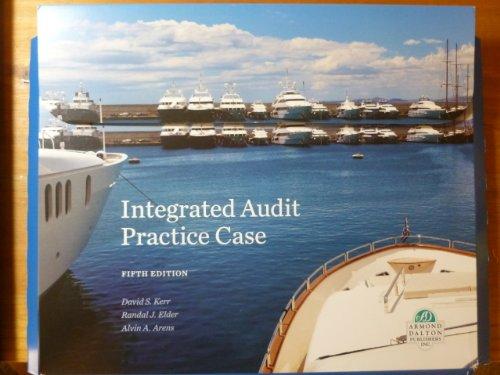Question
There are two prisoners at the Hague: Robert and Anna are suspected of violating a serious international financial law. They each have a choice: they
There are two prisoners at the Hague: Robert and Anna are suspected of violating a serious international financial law. They each have a choice: they can either testify against each other or they can keep quiet. Consider the following payoff matrix:

if both Robert and Anna testify simultaneously, they each get a moderate sentence of three years in prison, whereas if they both stay quiet, they each get a light sentence of 2 years. If either of the two prisoners testifies and the other remains quiet, the one that testifies get off free, by contrast the one that remains quiet gets the worst sentence in the game (10 years in jail at the Hague). Also, there is no binding contract in this game (non-cooperative game); thus, there is no guarantee that each prisoner will stay quiet. What is the strategy that maximizes the minimum jail time for both players? Is this strategy stable? More specifically, would there be any incentive for each prisoner to deviate from this strategy? Explain your reasoning using the concept of Nash equilibrium.
Anna Testify Quiet (3,3) (0,10) Testify Robert Quiet (10,0) (2,2)Step by Step Solution
There are 3 Steps involved in it
Step: 1

Get Instant Access to Expert-Tailored Solutions
See step-by-step solutions with expert insights and AI powered tools for academic success
Step: 2

Step: 3

Ace Your Homework with AI
Get the answers you need in no time with our AI-driven, step-by-step assistance
Get Started


